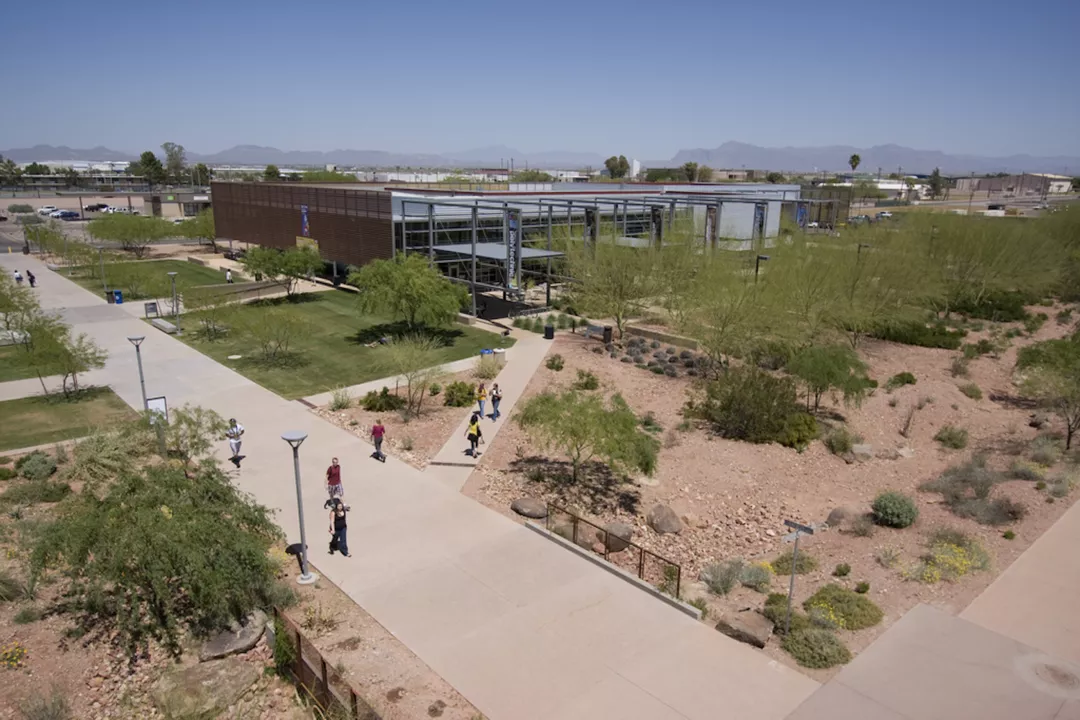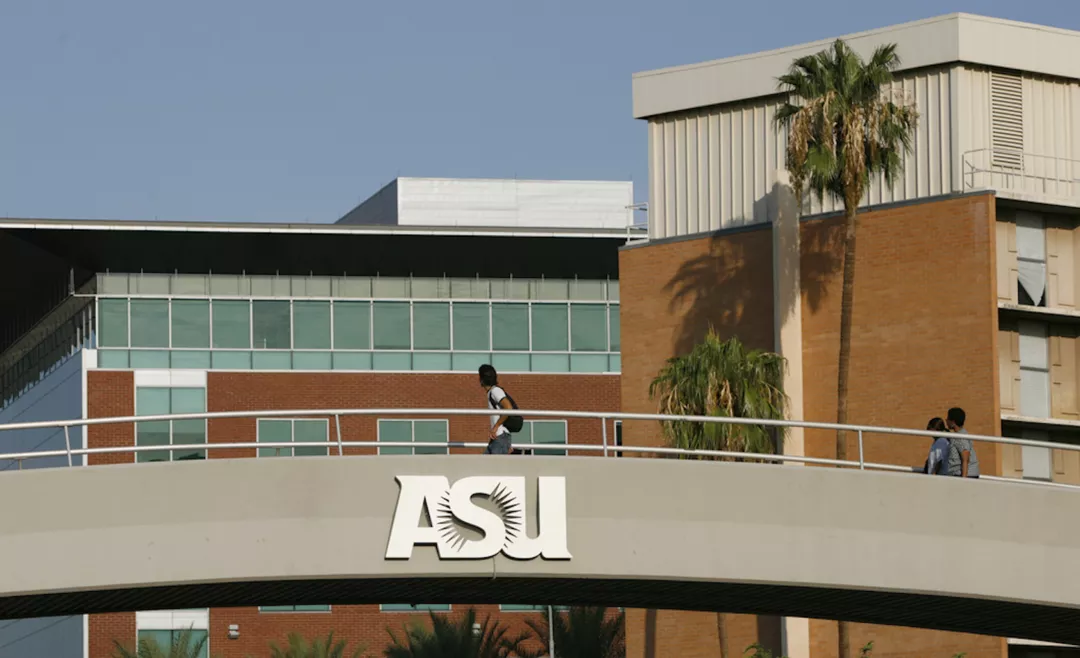-
hello@abroadcube.com
Mail us
-
Call For Help:
98779 83783
-
Whatsapp Us
70090 34921
The MS in Integrative Social Science is an advanced degree program designed to cross-educate students in the social sciences in order to meet the complex issues that confront human society in a technically sophisticated 21st century world.
The emphasis of the program lies in bridging traditional disciplinary boundaries to immerse students in the myriad theories and skills available across disciplines which would elude them in traditional disciplinary social science programs. Thus, graduates of the program are prepared with theory and research skill sets that allow them to draw from the best of the multiple disciplines of the social sciences.
Career Opportunities
Professionals with expertise in analyzing complex social and global issues are in high demand across sectors and industries, including business, public administration, politics and community organizations. Those who possess skills in the analysis of social phenomena and complex social problems are valuable to businesses and institutions relying on data-driven strategies for engagement and growth.
Career examples include:
| Level | Masters |
| Discipline | Social Science |
| Duration | 24 months |
| Intakes | Jan, Sep |
| Application Fees | USD 0 |
| Tuition Fees | USD 35280 |
| Campus | Polytechnic |
| Language proficiency (minimum) | |
| IELTS | 6.5 |
|---|---|
| TOEFL | 80 |
| PTE | 60 |
| Duolingo | 105 |
| Exam proficiency (minimum) | |
| SAT | Not Required / Waiver |
|---|---|
| ACT | Not Required / Waiver |
| GRE | Not Required / Waiver |
| GMAT | Not Required / Waiver |
Minimum GPA - 77%
QS Quacquarelli Symonds is the world’s leading provider of services, analytics, and insight to the global higher education sector, whose mission is to enable motivated people anywhere in the world to fulfil their potential through educational achievement, international mobility, and career development.
THE (Times Higher Education) has been providing trusted performance data on universities for students and their families, academics, university leaders, governments and industry, since 2004. We create university rankings to assess university performance on the global stage and to provide a resource for readers to understand the different missions and successes of higher education institutions.
The Academic Ranking of World Universities (ARWU) was first published in June 2003 by the Center for World-Class Universities (CWCU), Graduate School of Education (formerly the Institute of Higher Education) of Shanghai Jiao Tong University, China, and updated on an annual basis
The "Webometrics Ranking of World Universities" is an initiative of the Cybermetrics Lab, a research group belonging to the Consejo Superior de Investigaciones Científicas (CSIC), the largest public research body in Spain. CSIC is among the first basic research organizations in Europe. The CSIC consisted in 2006 of 126 centers and institutes distributed throughout Spain.





